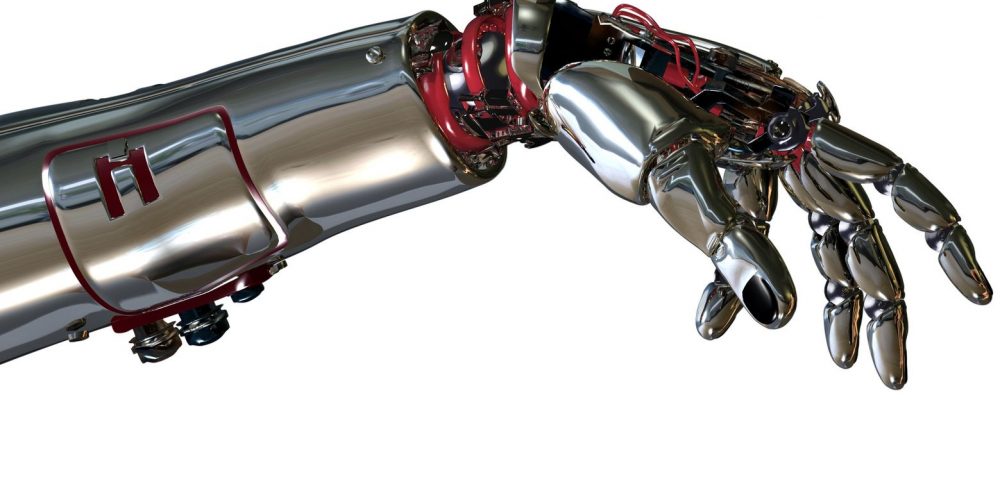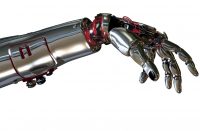The robots are coming!—The robots aren’t coming!—Half of all jobs will be gone!—No need to panic: there’ll be plenty of jobs building and designing robots.
These are just some of the contradictory headlines and predictions we get from mainstream commentators on the subject of technology and work. All of this misses the central point about who owns and controls technology and for what purpose it is introduced.
The challenge of technology and jobs is not a new one: it is as old as work itself. In “primitive communistic” times, when a new tool was developed it usually enhanced work and life, as it was developed and owned by the workers themselves. Therefore its function was to make jobs easier.
So, technology itself is not necessarily a good or a bad thing. The question of ownership and control will determine its function and purpose and consequently the effect it has on jobs and workers.
Whether new robotics, digitisation, artificial intelligence and technology in general will be used to replace jobs and make workers redundant, or to reduce the working week, or increase value for shareholders, or redistribute productivity gains to workers, will come down to ownership and control and, behind that, power and influence.
Unfortunately, right now we are losing the battle, because we are not even framing the discussion in the right way. We are dragged into the debate about good or bad, and how many jobs will be gone, rather than emphasising control, ownership, and power.
Trade unions are the first place for us to start this debate. Workers will be, workers are, in the front line of this clash, as they see the introduction of technology and the direct effect it has on jobs in terms of redundancies, work-related stress, and de-skilling. Trade unions, and the organised work force, are best placed to inject into the debate and formulate relevant demands to respond to this challenge.
Unions can start by making the call for new agreements that protect jobs and workers in the long term. They can demand redistributive productive gains, both in salary increases but also in employer-paid retraining and reskilling for future work.
It’s time unions broke through all the fearmongering and futuristic predictions and injected workers’ reality into the debate.






